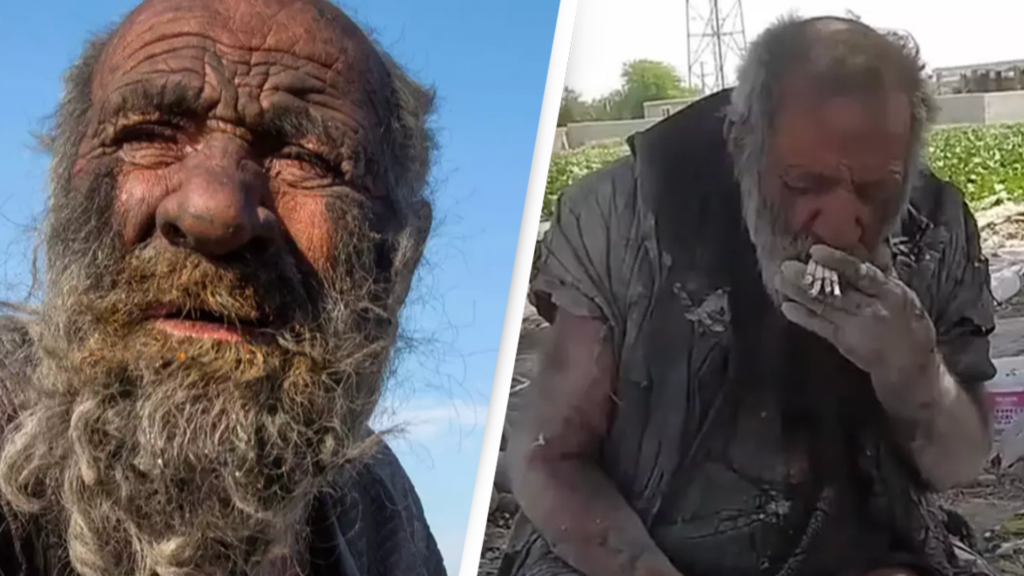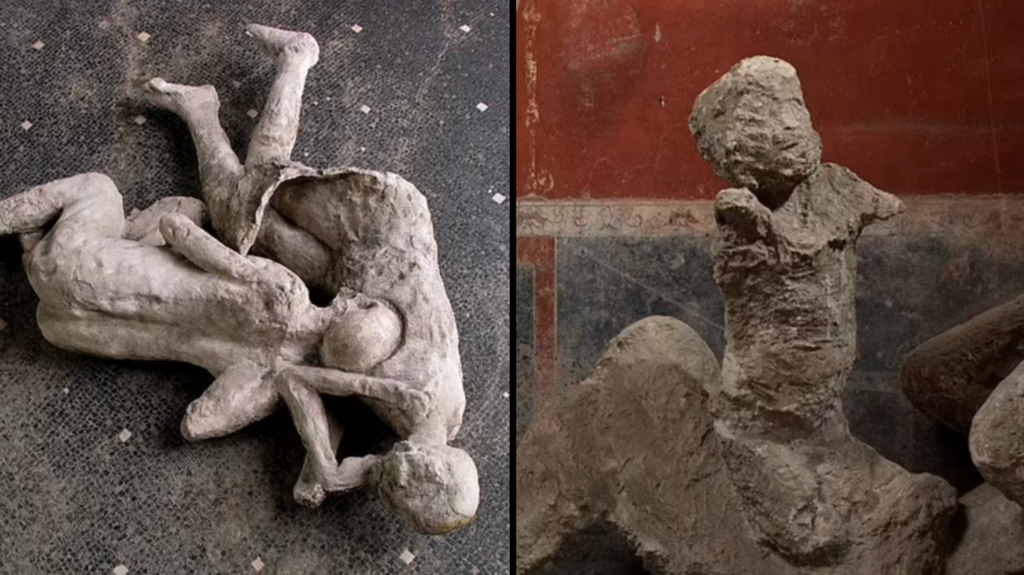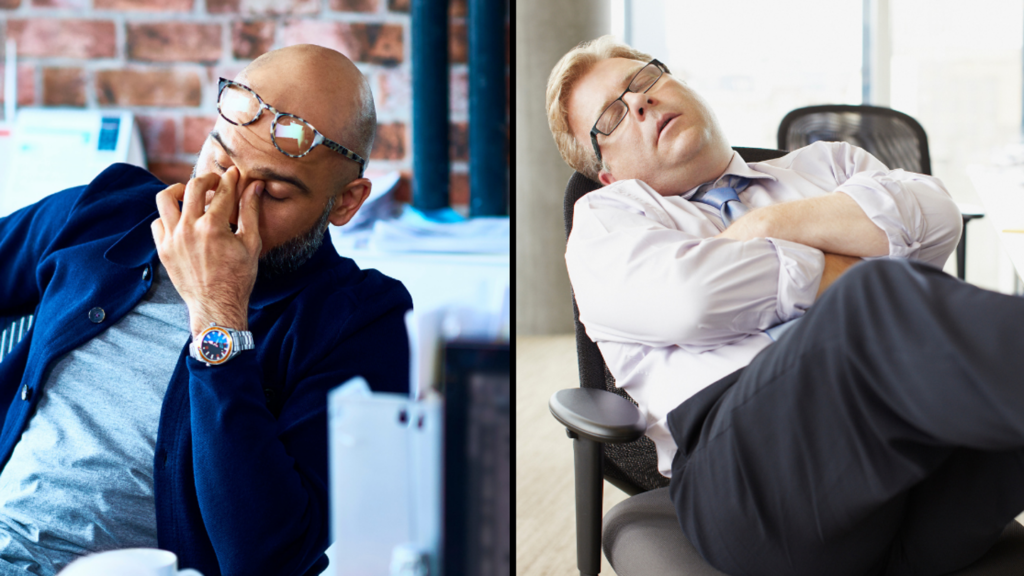There’s a heartbreaking reason behind why the ‘world’s dirtiest man’ went more than 60 years without washing himself.
Amou Haji, who passed away at the age of 94 in October 2022, was known in his local Iranian community for his unique and intense avoidance of bathing.
For over half a century, Amou was famous for his aversion to washing, which earned him quite a reputation.
According to The Tehran Times, he would often eat roadkill and was even known to smoke a pipe filled with animal waste.
In addition to avoiding washing, Amou had an unusual taste for porcupine meat and drank around 1.5 gallons of water each day.
He was also a heavy smoker, frequently seen puffing on multiple cigarettes at once in various pictures.
Villagers in the southern Fars province, where Amou lived, eventually convinced him to bathe. But after decades without a wash, his skin was covered in layers of ‘soot and pus’.
This wash seemed to be too much for his body; as reported by Iran’s IRNA news agency, he fell ill shortly afterward and sadly passed away a few months later.
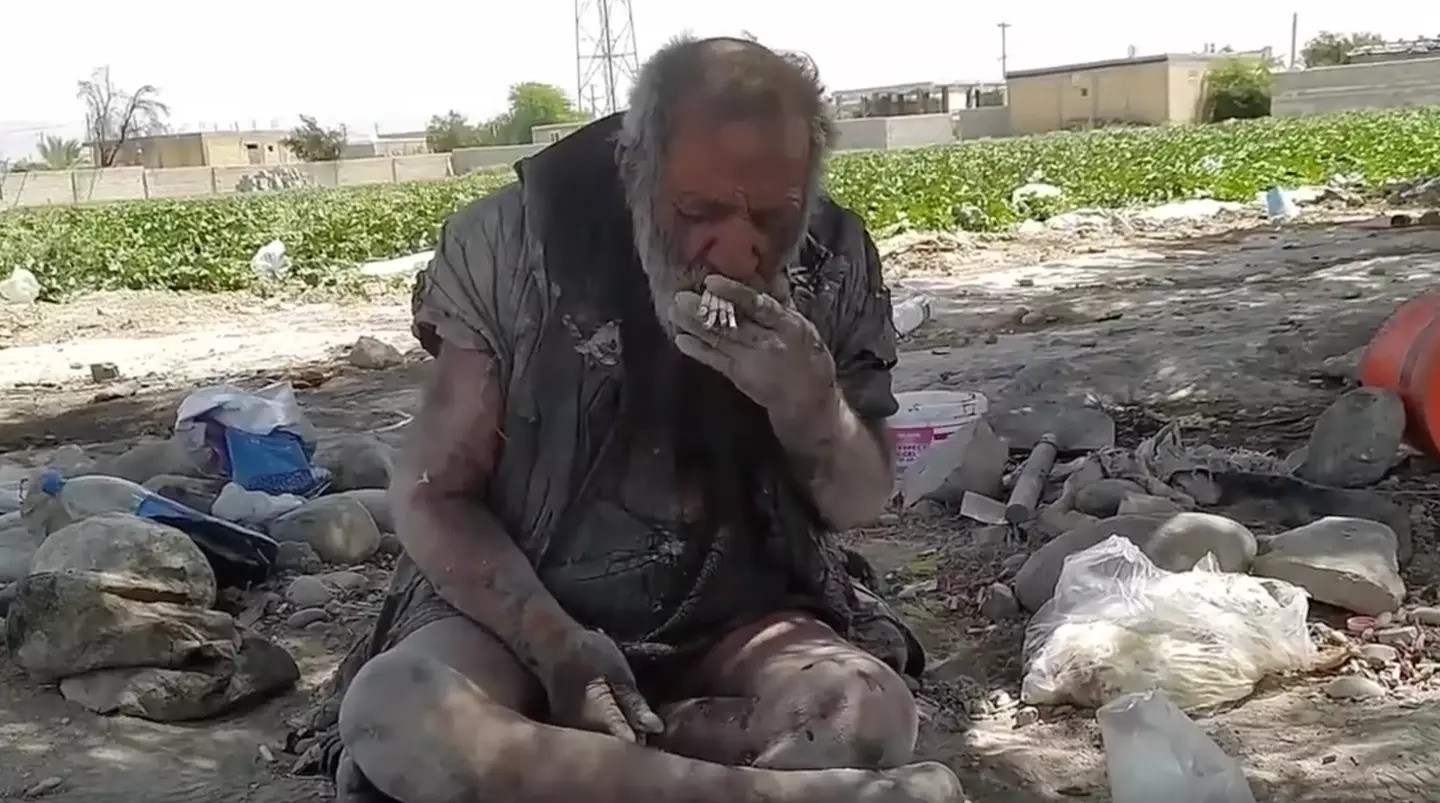
Throughout his life, Amou did keep his hair trimmed, but not in a typical way. Instead of scissors, he was known to burn his hair off.
The likely reason for his long avoidance of bathing is thought to be ablutophobia.
Ablutophobia is an intense fear of bathing, cleaning, or washing. It’s classified as an anxiety disorder, specifically a type of phobia, according to Healthline.
Speaking with The Blade, Dr. Siva Yechoor from The Toledo Clinic explained: “Ablutophobia is extremely rare. Right now, we see it more often in people who are older.”
“They refuse to get cleaned up, but it’s more of an avoidance behavior than a phobia.”
The doctor further described the typical background of individuals he’s observed with this condition, saying: “What happens with them is they are usually younger people who had some sort of traumatic experience.”
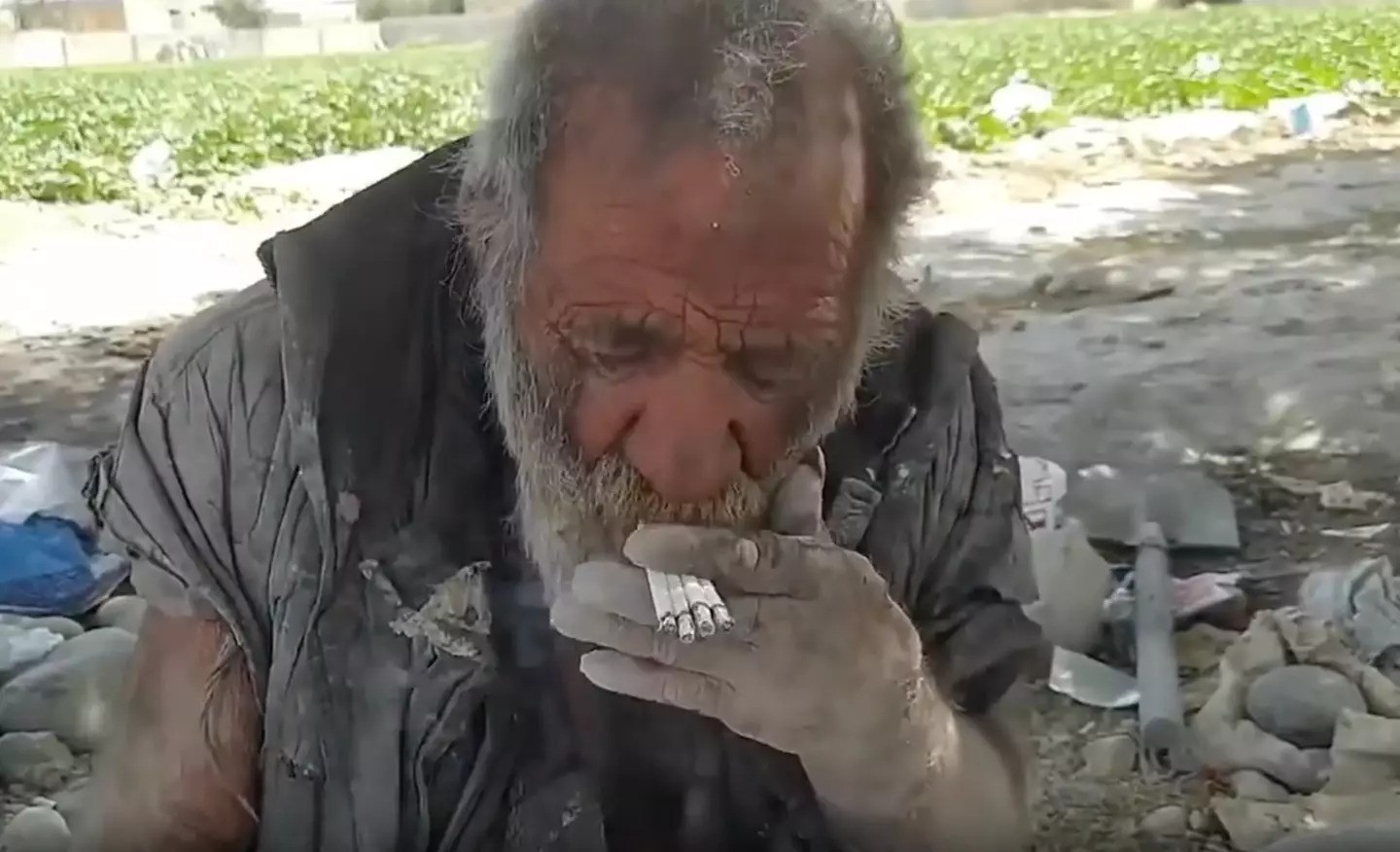
“We had a man in his 20’s who had an almost death experience in a body of water, and developed this aversion and fear of even going into the shower or taking a bath.”
Genetics and certain brain functions may also contribute to developing ablutophobia.
Common symptoms include sweating, rapid heartbeat, panic attacks, and trouble breathing.
Treatment for ablutophobia is often similar to other anxiety-related conditions, involving therapy. Cognitive behavioral therapy (CBT) and exposure therapy are frequently recommended.
In some cases, doctors may also prescribe beta blockers or sedatives to help ease the symptoms.
